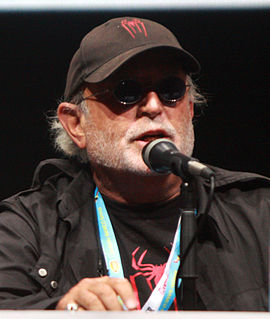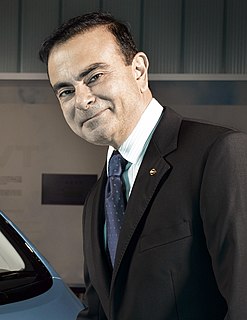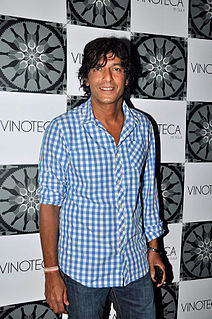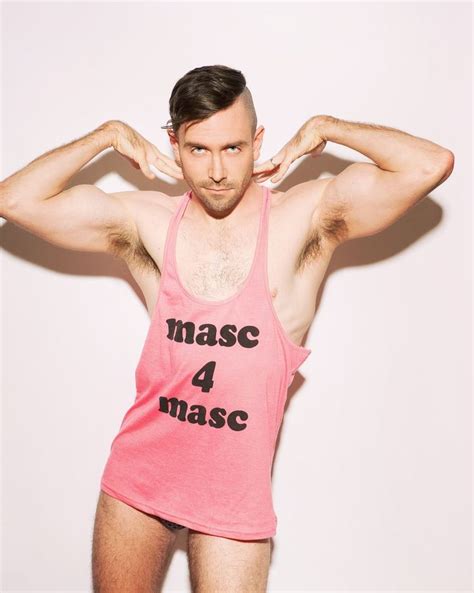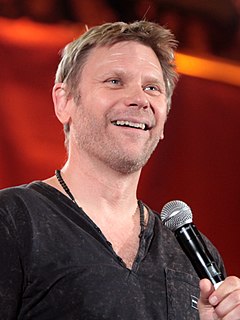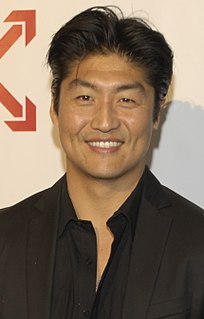A Quote by Mukesh Rishi
Villains are as important as the hero. Without the right villain, the hero isn't heroic enough.
Related Quotes
It concerns me when I see a small child watching the hero shoot the villain on television. It is teaching the small child to believe that shooting people is heroic. The hero just did it and it was effective. It was acceptable and the hero was well thought of afterward. If enough of us find inner peace to affect the institution of television, the little child will see the hero transform the villain and bring him to a good life. He'll see the hero do something significant to serve fellow human beings. So little children will get the idea that if you want to be a hero you must help people.
Heroes come in all sizes, and you don't have to be a giant hero. You can be a very small hero. It's just as important to understand that accepting self-responsibi lity for the things you do, having good manners, caring about other people-these are heroic acts. Everybody has the choice of being a hero or not being a hero every day of their lives.
Part of what we want to do with the Heroic Imagination Project is to get kids to think about what it means to be a hero. The most basic concept of a hero is socially constructed: It differs from culture to culture and changes over time. Think of Christopher Columbus. Until recently, he was a hero. Now he's a genocidal murderer! If he were alive today, he'd say, "What happened? I used to be a hero, and now people are throwing tomatoes at me!
It's just, "Hey,[Barack] Obama's the hero, and he wants Obamacare," and so the coverage is totally devoted to whether or not Obama's gonna get it. Now, in that scenario, who are the villains?Well, your good old, reliable Republicans are the villains, and they are always portrayed as the people trying to deny our beloved hero what he wants.
The anti-hero or hero usually has a journey or quest so they are interesting as you find out what's going to happen, what they are looking for. What are they trying to do? Sometimes what they do is heroic or comes with a price or sacrifice or maybe the way they do things isn't so great and that's when they become anti-heroes. But the journey of an anti-hero combined with a good story done well is always worthwhile.




